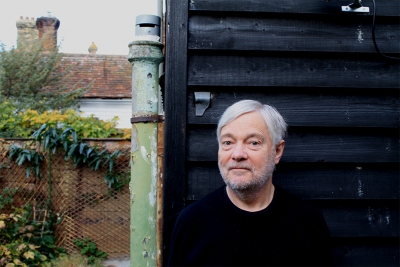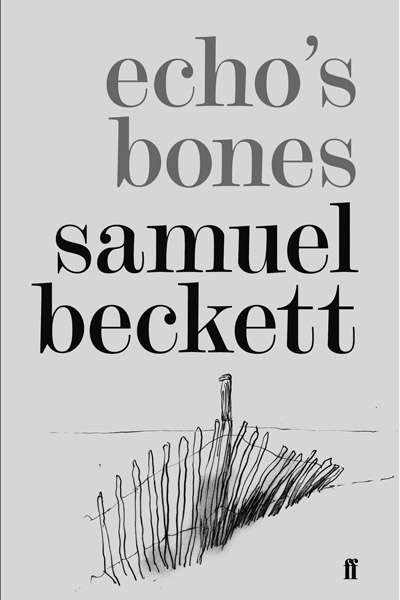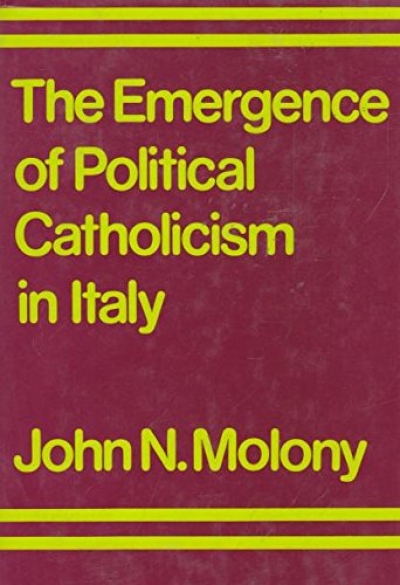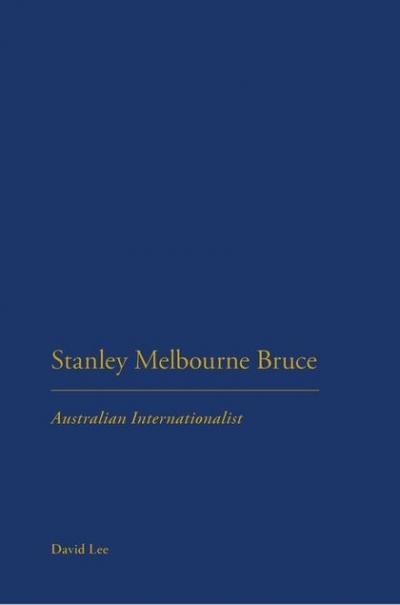Memoir
The Cancer Finishing School: Lessons in laughter, love and resilience by Peter Goldsworthy
That doctors aren’t supposed to become incurably ill is something their patients might say, and about as useless as declaring that dentists are forbidden from contracting toothache or that undertakers should live forever – seeing other people out, not themselves.





























